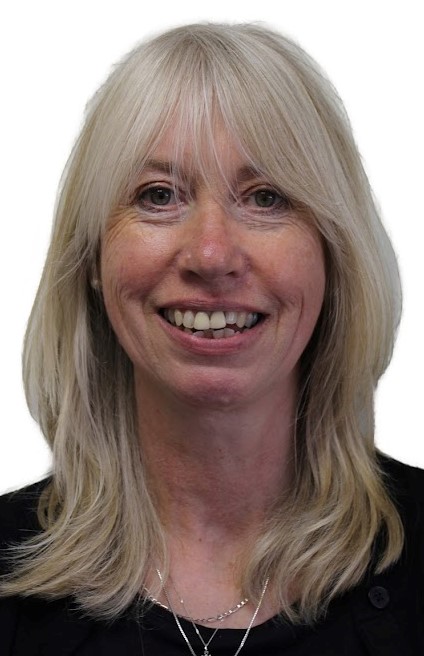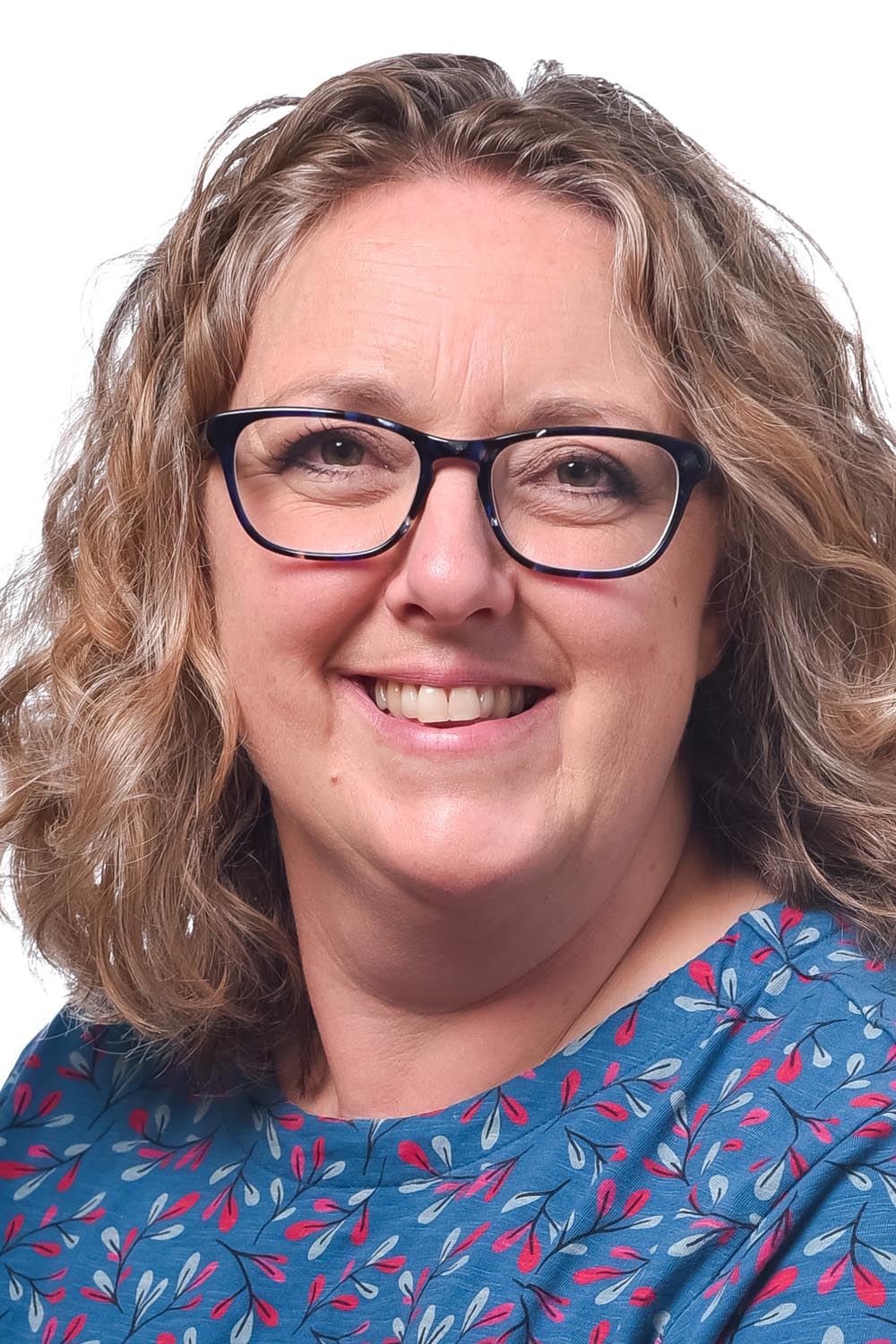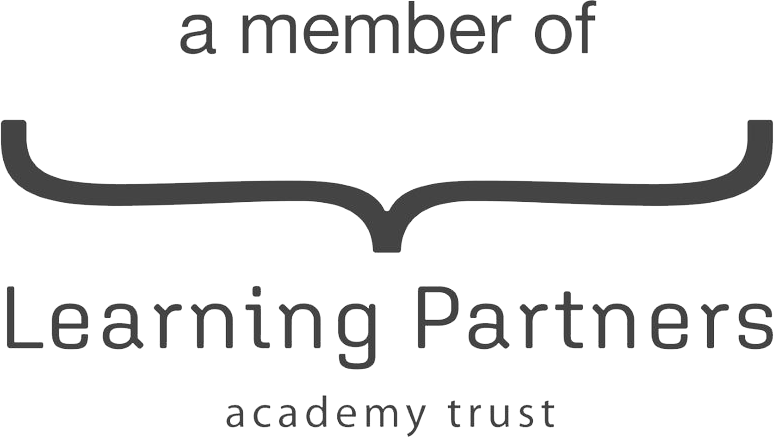English
Writing

Mrs Backhurst is the subject lead for writing.
While exploring non-fiction, fiction, and poetry units, we aim to ensure all our children develop a love of language and the written word, through a textbased approach.
We use elements from ‘Talk for Writing’ in our non-fiction units, as this approach enables children to imitate the language they need for a particular topic, before writing their own version.
In each unit of literacy, immersion in reading, and talk and preparation for writing, are developed through three key stages: imitation, innovation and independent application.
We ensure that children develop an understanding of how important writing is in everyday life, and they are provided with many opportunities to develop and apply their writing skills across the curriculum.
Please click this link to read more about writing at Northmead.
Reading
 Miss Lewis is the subject lead for reading.
Miss Lewis is the subject lead for reading.
At Northmead we believe children should have access to high quality, inspirational children’s literature in order that they develop a joy of and interest in the written word. Reading, with understanding, is a fundamental skill, which opens up learning for children and has impact on every area of the curriculum, so it is our intention for all children to become fluent and effective readers. Reading is given a high priority when timetabling to ensure children are involved in a range of reading activities every day. Opportunities for less formal interactions with books and reading are being encouraged as we further develop a rich reading environment within our school.
Please click this link to read more about reading at Northmead.



